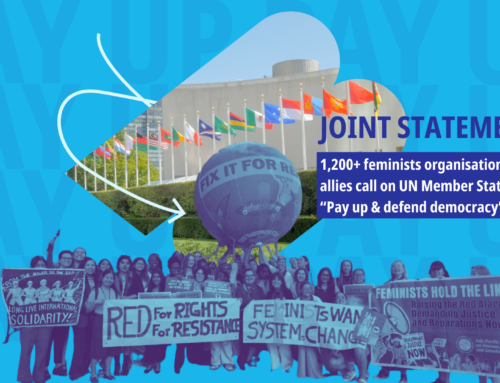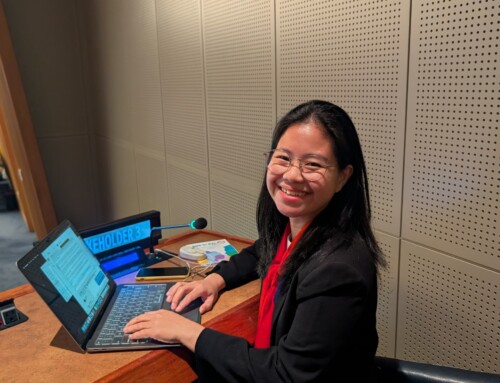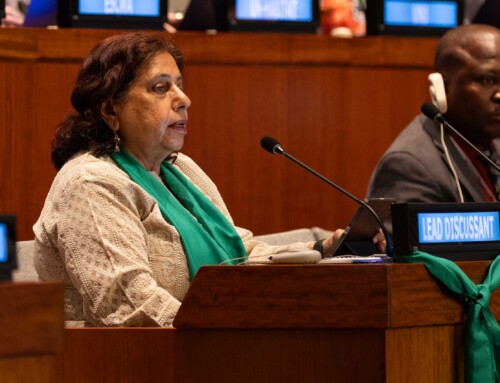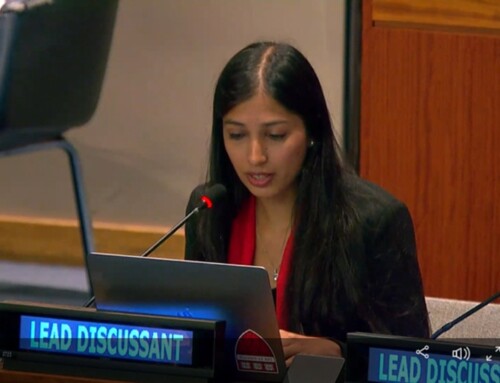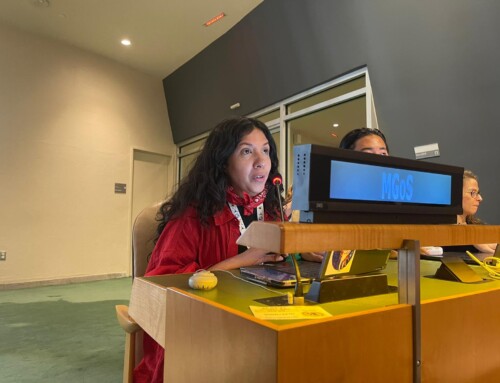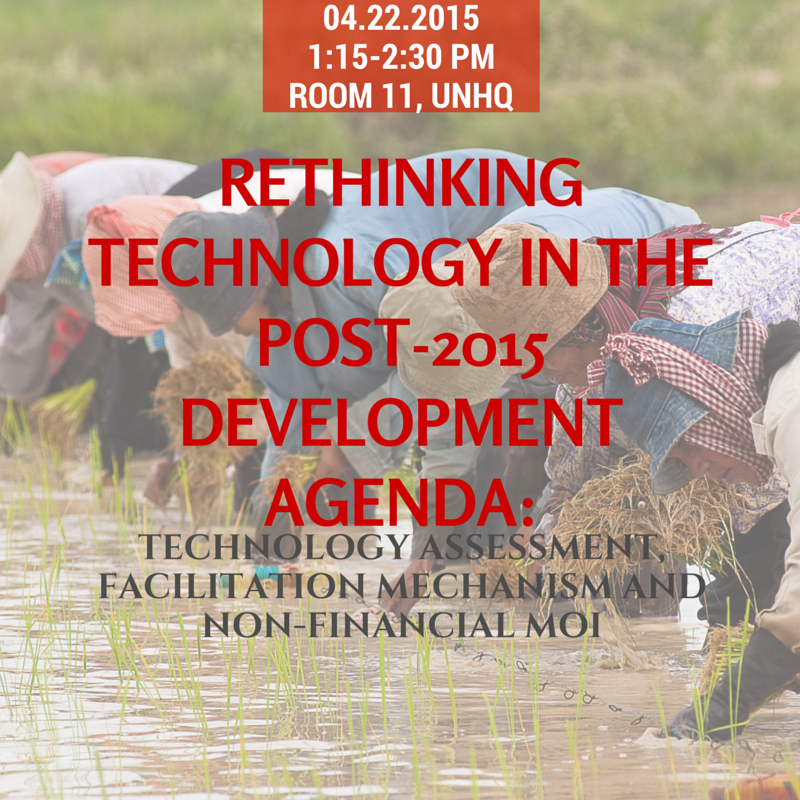
The aspirations expressed at Rio+20 to put in place a global mechanism that will promote the development, transfer, and deployment of technologies that respond to the needs of developing countries in a coherent manner remains unfulfilled.
The need to develop the capacity to assess new technologies at the regional, national and local levels recognized at Rio+20 has not been given any attention at all in the SDGs and the ongoing negotiations on the post-2015 development agenda. Technology, in general, is traditionally linked to financial means and capacity to access and narrowly focused on technologies that are produced by formal institutions and corporate interests. References to traditional and indigenous technologies and knowledge systems in addressing development challenges have largely disappeared in the negotiations. All these underline the need for a rethinking at this stage when governments are midway through the negotiations of the post-2015 development agenda.
A post-2015 development agenda that responds to the needs of the people, address all forms of inequality and is sensitive to the needs and situation of women and marginalized communities should:
- Establish an inclusive, transparent and forward-looking technology facilitation mechanism under the UN
- Include the scanning and evaluation of new and emerging technologies as a key function of a global technology facilitation mechanismEnsure that the invaluable contribution of indigenous technologies and knowledge systems are recognized and supported on par with other innovations
- Recognize women as innovators and knowledge generators, and as key actors in evaluating the potential impacts of technologies
To provoke this rethinking and to contribute to better understanding of the aspiration for a global mechanism for technology facilitation and assessment, the following organizations are collaborating on the Side Event: UN Conference on Trade and Development (UNCTAD)-New York Office, UN Non-Government Liaison Service (UN-NGLS), Womens Major Group, Global Forest Coalition (GFC), Tebtebba Foundation, and Action Group on Erosion, Technology and Concentration (ETC Group).
The following distinguished speakers will present their views to initiate the discussions:
- Mr. Olivier Brochenin, Head of Development Policy Unit, Ministry of Foreign Affairs and International Development, FranceAmb. Guilherme de Aguiar Patriota, Deputy Permanent Representative, Permanent Mission of Brazil to the UN
- Mr. Amit Narang, Counsellor, Permanent Mission of India to the UNMs. Simone Lovera, Executive Director, Global Forest Coalition (GFC)
- Grace Balawag, Programme Director, Tebtebba FoundationMs. Silvia Ribeiro, Latin America Director, Action Group on Erosion, Technology, and Concentration (ETC Group)
- Chantal line Carpentier, Chief of the New York Office of UNCTAC
For location access here.

